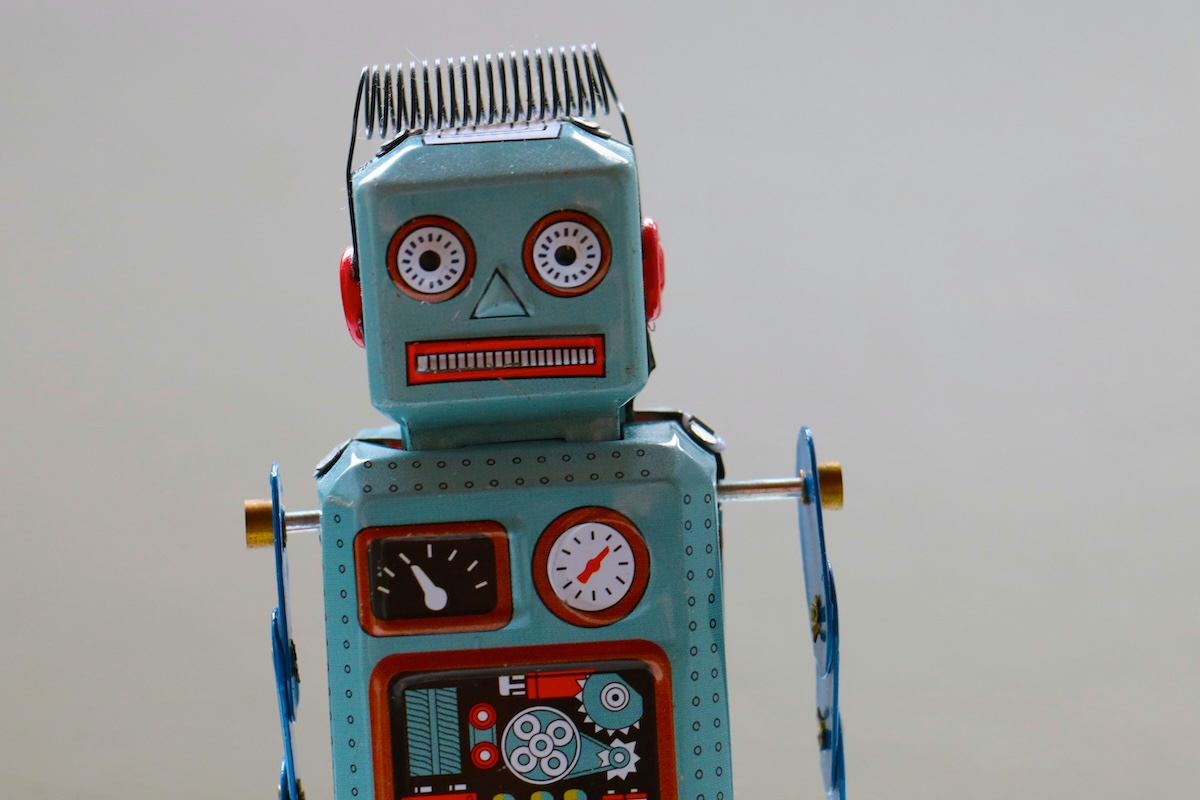

Which jobs are at risk of being eliminated by AI? Microsoft is here to answer the question: a new study just analysed hundreds of thousands of Copilot AI to see which jobs 'bots are already performing or assisting with. Here's who's at risk.
While “eliminated” might be a stretch, the findings reveal which occupations are most exposed to being displaced, because AI is doing the same tasks, often successfully.
The more overlap between what AI can do and what a worker does, the more likely the job gets reshaped, or reduced.
A new study from Microsoft Research offers one of the most detailed, real-world analyses yet of how generative AI is impacting the workforce. Rather than relying on expert predictions or theoretical models, the researchers examined 200,000 anonymised Bing Copilot conversations to map where AI is being used, what it’s doing well, and which jobs that usage overlaps with most directly.
The headline above is, admittedly, a touch hyperbolic. Microsoft isn’t predicting specific occupations will be wiped out. What it does show is which jobs have the highest “AI applicability score”. It's a metric that captures how much of a job’s real-world work activities are already being assisted or performed by AI systems like Copilot.
And here’s the catch: the more overlap there is between what AI can do and what a human worker does, the greater the risk of eventual displacement. It’s not about AI being perfect — it’s about whether it’s good enough to handle enough of the job to change the role, the resourcing, or the need for that worker at all.
And the workers with the most to worry about?
White-collar professionals.
*Dun-dun-duuuuuun!!!!!*
The most AI-exposed jobs are typically high-information, communication-heavy roles — the kinds of work many assumed would be assisted by AI, not directly performed by it. But Microsoft’s data reveals that in a significant number of cases, AI is not just helping — it’s doing the task itself, often successfully and at scale.
This doesn’t mean these roles vanish overnight. But it does mean the nature of these jobs is likely to change, and for some, the need for human labour may shrink.
Here's the list.
| Job Title | How They Can Be Replaced by AI |
|---|---|
| Interpreters and Translators | Fast, accurate text translation and summarising. |
| Historians | Research, compilation, and writing. |
| Sales Reps (Services) | Scripts, product info, and objection handling. |
| Writers and Authors | Generating and editing content across formats. |
| Customer Service Reps | Handling queries and resolving basic issues. |
| Telemarketers | Scripted outreach and lead generation. |
| Ticket Agents and Travel Clerks | Booking, directions, and itineraries. |
| Telephone Operators | Directory assistance and call routing. |
| Brokerage Clerks | Transaction support and recordkeeping. |
| Proofreaders and Copy Markers | Grammar, spelling, tone — all automated. |
Exposure doesn’t equal elimination. Some roles show high levels of AI interaction — but for now, the AI is assisting more than replacing. These jobs often involve human nuance, judgment, or client relationships that AI can’t yet replicate, even if it can help behind the scenes.
In these roles, AI is a productivity multiplier, not a substitute. Workers may find themselves doing higher-order tasks, while AI takes over routine or time-consuming components.
| Job Title | How They Can Be Replaced by AI |
|---|---|
| Interpreters and Translators | Fast, accurate text translation and summarising. |
| Historians | Research, compilation, and writing. |
| Sales Reps (Services) | Scripts, product info, and objection handling. |
| Writers and Authors | Generating and editing content across formats. |
| Customer Service Reps | Handling queries and resolving basic issues. |
| Telemarketers | Scripted outreach and lead generation. |
| Ticket Agents and Travel Clerks | Booking, directions, and itineraries. |
| Telephone Operators | Directory assistance and call routing. |
| Brokerage Clerks | Transaction support and recordkeeping. |
| Proofreaders and Copy Markers | Grammar, spelling, tone — all automated. |
Don't be so hasty. AI isn't giving you your marching orders just yet.
For investors and decision-makers, the key insight is this: generative AI is already affecting the workforce, not just in theory but in observable, measurable ways. It is strongest in roles built around language, routine analysis, and knowledge work — and those are the very sectors where future efficiency gains (and disruptions) will likely occur first.
There’s opportunity here — in businesses that help workers adapt, retrain, or augment their capabilities with AI. But there’s also a need for sober planning: some jobs will change dramatically, and pretending otherwise won’t stop the tide.